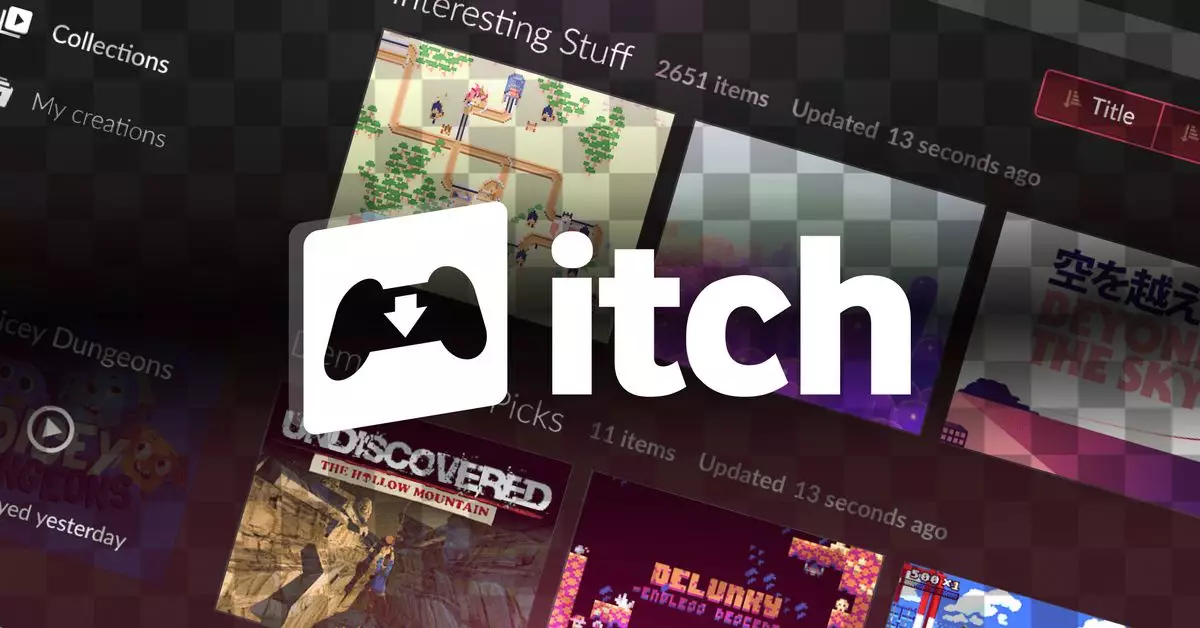The indie game storefront Itch.io has recently encountered significant operational challenges due to a misguided phishing report, leading to its current inaccessibility for a majority of users. Although Itch.io’s servers remain functional, the platform’s domain is misconfigured, redirecting users to unknown IP addresses that the company does not control. This disruption spotlights the vulnerabilities that platforms face from automated software designed to protect brands, which can sometimes precipitate more problems than they resolve.
In a revealing post on social media, Itch.io has placed the blame for this predicament squarely on Funko, a company known for pop culture collectibles. Itch.io claims that Funko employed an “AI-powered” tool called Brand Shield, which generated a dubious phishing report that reached their domain registrar, iwantmyname. This situation raises an important question: How reliable are these automated brand protection tools? While designed to thwart phishing attacks, such mechanisms can inadvertently create chaos for legitimate businesses if the systems behind them are not sophisticated enough to differentiate between real threats and false alarms.
The current crisis highlights significant flaws within automated domain management practices. Even after the disputed page was taken down, iwantmyname’s automatic response led to the disabling of Itch.io’s domain. This illustrates a somewhat alarming tendency for systems to operate without sufficient human oversight. In a world where digital presence is crucial to a business’s success, reliance on automated responses without checks and balances can lead to substantial service disruptions, affecting both the companies involved and their consumers.
As Itch.io desperately awaits a resolution, the company has provided a workaround for knowledgeable users familiar with modifying their hosts file. By directing their traffic to the specific IP address 45.33.107.166, users can temporarily access the platform. While this solution can serve as a stopgap, it sheds light on the complexities and tech savvy required to navigate such challenges. Moreover, many users who recently engaged with Itch.io’s new feature allowing custom Bluesky profiles face issues, receiving “invalid handle” errors, exacerbating user frustration during this tumultuous time.
Itch.io’s current ordeal serves as a pertinent reminder of the pressing need for more robust solutions in domain management and brand protection strategies. As digital marketplaces continue to evolve and attract indie developers, they must confront risks associated with automated systems that can disrupt their services. Itch.io is hopeful for a rapid resolution, but long-term aspirations should focus on ensuring that similar incidents do not detract from the user experience or jeopardize the integrity of the gaming community. Ultimately, this situation underscores the delicate balance between security measures and operational reliability as we navigate an increasingly digital landscape.
While Itch.io’s immediate goal is to restore its domain and regain user trust, the underlying issues related to automated brand protection merit further scrutiny and innovation in the industry.


Leave a Reply